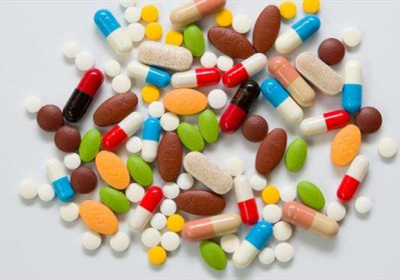Some new laws and regulations affecting people’s life will come into effect on November 1st. let’s take a close look.
The 2018 National Essential Medicines List, covering 165 more medicines than the prior edition, will come into effect on November 1st, according to China's National Health Commission.
The updated list will have 685 medicines, made up of 417 Western medicines and 268 Chinese-patented medicines.
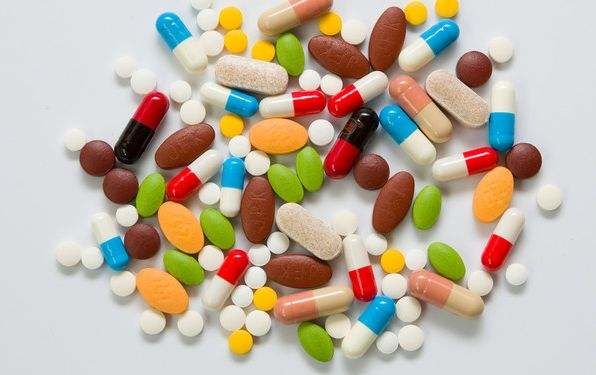
The new edition of the list, focusing on cancer as well as pediatric and chronic diseases, has added 12 anti-tumor drugs, 22 medicines for children, and a new hepatitis C drug.
Covering a wider range of medicines, the updated list can not only meet clinical needs such as the treatment of common and chronic diseases as well as first aid but also offer multiple options for patients with different diseases, officials said.
China will increase export tax rebates from Nov. 1 and quicken export tax rebate payments to support foreign trade, as a trade war with the United States escalates.
The rise in export tax rebates will "help reduce costs for the real economy, help it cope with the complex international situation and maintain stable foreign trade growth".
The tax rebate will be raised to 16 percent for those exports currently getting a rebate of 15 percent or 13 percent.
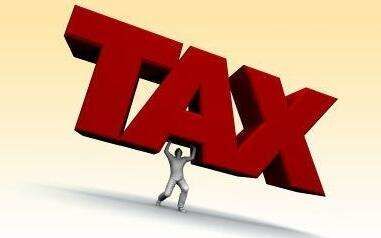
The rebate will be raised to 10 percent for those exports that currently get a 9 percent rebate, though the rebate will be raised to 13 percent for some.
The rebate will be raised to 6 percent for exports currently getting a 5 percent rebate, though for sone it will be raised to 10 percent.
In September, China raised export tax rebates for 397 items, including steel and electronic products, in a bid to help exporters as the tariff war with the United States worsened.
Chinese policymakers have been stepping up support for the slowing economy as the full impact of U.S. trade tariffs has still to be felt.
Local governments will quicken special bond issuance for shanty-town redevelopment but they will be barred from engaging in fund-raising in the name of such housing projects, the cabinet said after a regular meeting.
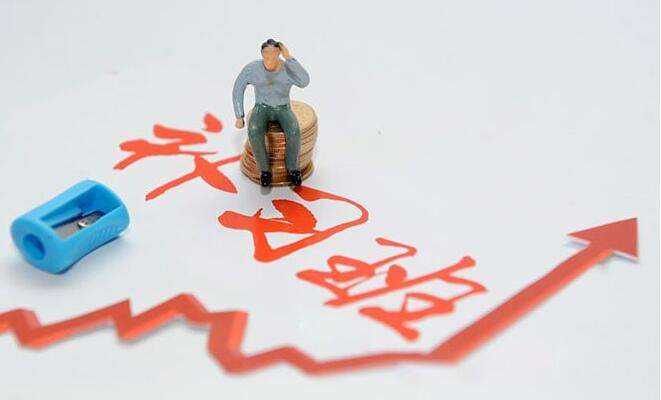
China has injected hundreds of billions of dollars of policy loans into redevelopment of shanty-towns. Analysts say the project has boosted property demand as residents are encouraged to use cash compensation to buy a new home when their existing home is demolished.
China will reduce import tariffs on 1,585 taxable items starting Nov. 1, to serve industrial upgrading, lower corporate cost and meet domestic demand.
The new policy adds to a slew of tariff cuts China introduced this year, which will save an estimated total of 60 billion yuan or about 8.7 billion U.S. dollars for firms and consumers, according to a statement released after the meeting.
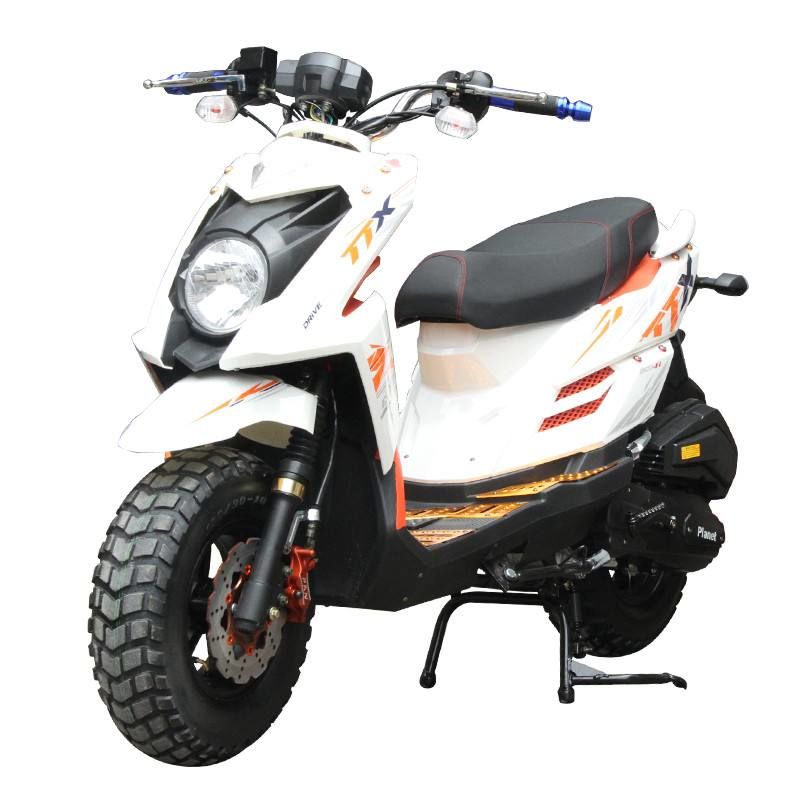
It will put the country's overall tariff rate at 7.5 percent, down from 9.8 percent in 2017. Average tariff rates for mechanical and electrical equipment, such as construction machinery in high demand, will be lowered from 12.2 percent to 8.8 percent.
For textiles and building materials, the average tariff rate will be cut from 11.5 percent to 8.4 percent, while that for resource products and primary goods will fall from 6.6 percent to 5.4 percent.
(Source: ourjiangsu.com)
